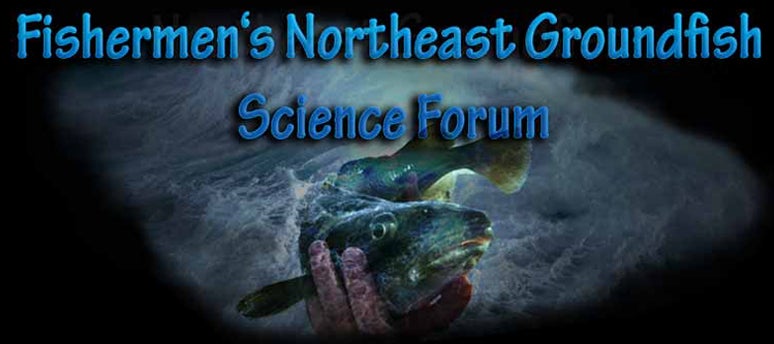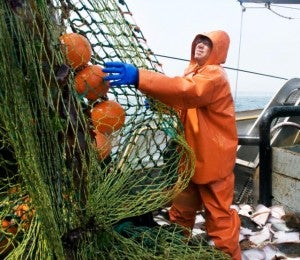Bringing fishers and fishery managers from different places together through fishery exchanges is a powerful way to learn and build trust as you explore new approaches to manage fishing. After attending and leading dozens of fishery exchanges over the years, I have been amazed by the peer-to-peer discussions that take place, regardless of language barriers or cultural differences, and the candor of government officials and fishers describing the challenges they have faced or successes they have worked to achieve. It is incredible to see participants hear about something new or innovative that they could bring back to their communities. The excitement is contagious.
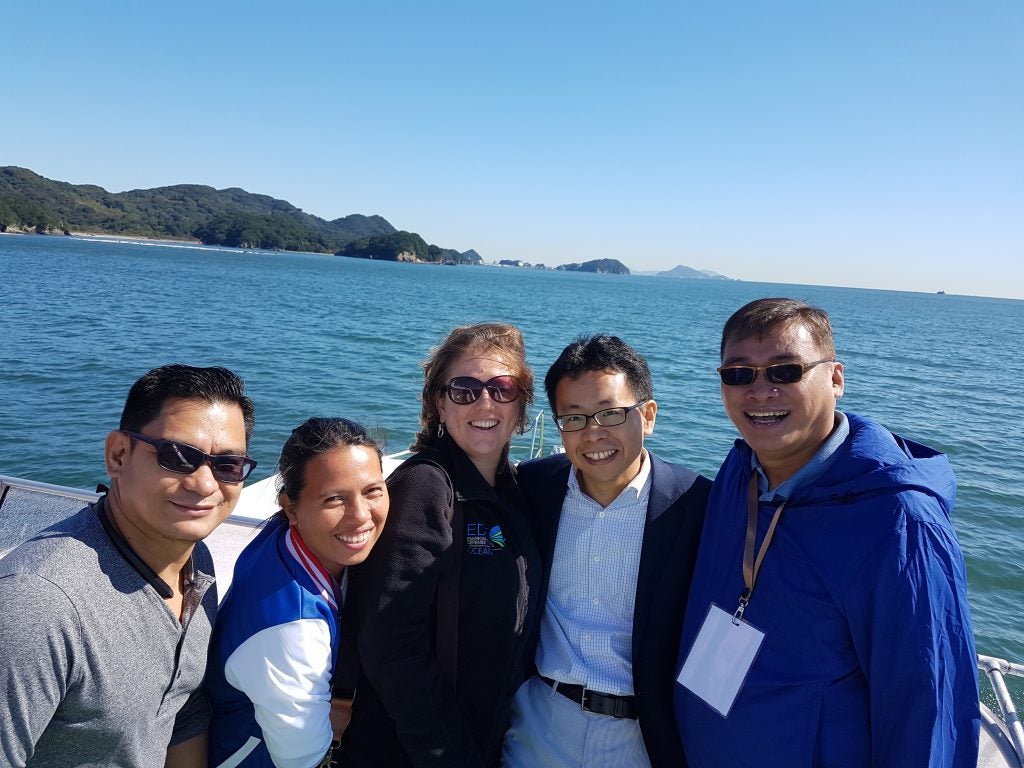 While there are always major differences between fisheries that make some aspects of learning challenging or even inapplicable, we want people to recognize and appreciate the uniqueness of ones fishery. There is not a “one size fits all” approach to managing fisheries because each fishery has its own set of characteristics based on the history of the fishery, culture of the area, species composition, governance structure, resources, and most importantly fishers and their accustomed fishing practices. These exchanges are an opportunity to share experiences with others and to learn from each other about new and different approaches that can be adopted to improve fisheries management.
While there are always major differences between fisheries that make some aspects of learning challenging or even inapplicable, we want people to recognize and appreciate the uniqueness of ones fishery. There is not a “one size fits all” approach to managing fisheries because each fishery has its own set of characteristics based on the history of the fishery, culture of the area, species composition, governance structure, resources, and most importantly fishers and their accustomed fishing practices. These exchanges are an opportunity to share experiences with others and to learn from each other about new and different approaches that can be adopted to improve fisheries management.
Recently, EDF and our partner Rare-Philippines organized a Japan-Philippines exchange for a delegation from the Philippines to visit several fisheries in Mie Prefecture, Japan. We were particularly inspired to see firsthand what happens when fishers are empowered by the local government to make day to day management decisions: they pursue solutions that improve their livelihoods, and the long term sustainability of the fish they depend on. Those attending included champion mayors and their local government staff from eight municipalities that all have legally approved TURF+Reserves and are in the process of implementing these new systems on the water. Read More










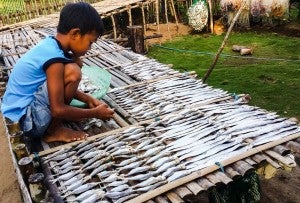
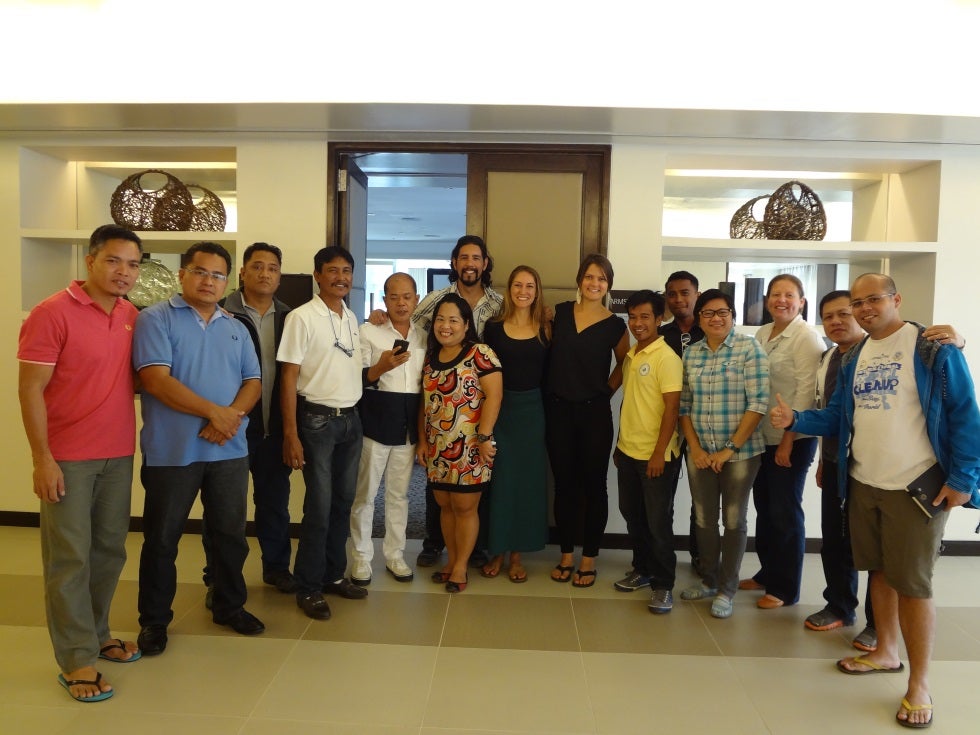 Small-scale coastal fisheries are central to the health of the ocean, livelihood, poverty alleviation and food security for millions around the world, but today many of them are severely threatened by chronic overfishing.
Small-scale coastal fisheries are central to the health of the ocean, livelihood, poverty alleviation and food security for millions around the world, but today many of them are severely threatened by chronic overfishing.